(M)oral Torah
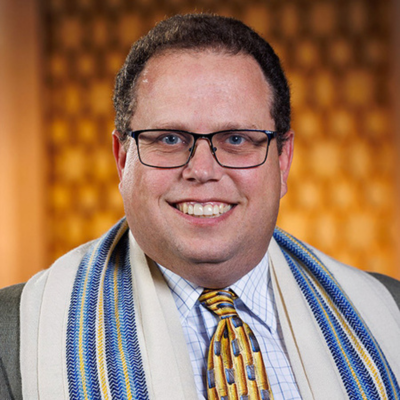
Vayechi: Blessing Israel to Be a Levi
Peace is difficult. It requires understanding, listening, and a great deal of courage. May we have the courage to speak this truth to power, and may those in power have the courage to hear our message.
more

Vayigash: Can We Dream Bigger?
What I think is needed in Israel and the occupied Palestinian territories today is the will to break the chain of the blame-game. We need a new generation of dreamers — those who can imagine a future of peace and prosperity for both Palestinians and Israelis together.
more
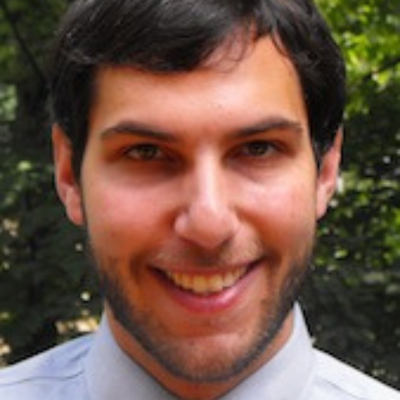
Miketz: The Dangers of Finding Political Meaning in Suffering
As we continue to watch the unfolding events in the war in Gaza, we need to distinguish between suffering and accountability.
more

Vayeshev: No to Nekamah
This Chanukah, let’s choose to follow the examples of Joseph and Tamar, and say no to nekamah. When the time comes to say the “Al Hanissim” prayer, let’s skip the vengeful words “nakamta et nikmatam.”
more
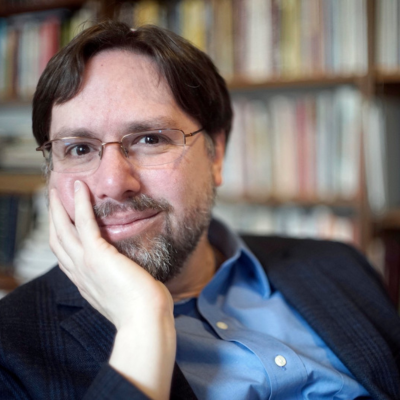
Vayishlach: We Need Stories to Counter the Narrative of Endless War
Let’s find courage together by sharing our stories about the world we wish to create; the world we want our children to inherit. As Herzl famously said about the State of Israel, “If you wish it, it is no myth.” It’s similar for crafting a world of peace: By telling our stories, they become no myth; our words become an act of redemptive creation.
more
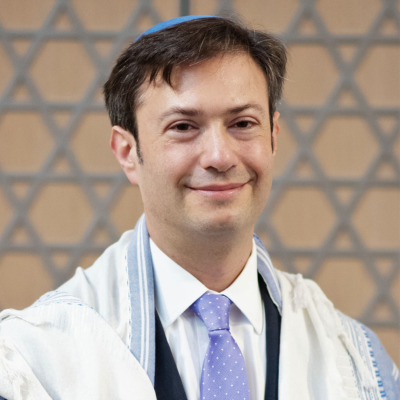
Vayetze: Could Israel Have Done Better? Can We?
May we have the courage to engage across difference. May we find partners who warrant and share that courage, and may we merit their courage. And may we be certain of the incompleteness of our truth, yet dedicated to seeking a truth that is more whole.
more
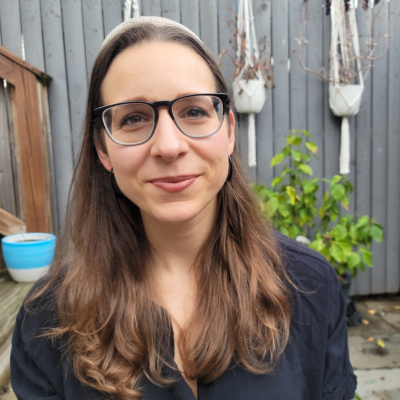
Toldot: There Are No Perfect Heroes
Today, we still struggle to recognize the gray within our heroes as well as within our ideological opponents. We jump to point out the hypocrisy, unethical behavior, and dearth of compassion in our enemies, while doing everything possible to underplay that of our allies — and, of course, ourselves.
more
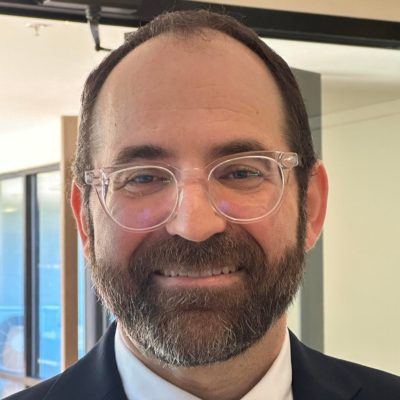
Chayei Sara: Calling Politicians to the City Gate this Election Day
“All politics is local.” That phrase was associated with the late U.S. Congressman and former Speaker of the House Tip O’Neill. This week features an Election Day. With so much of our attention focused on Israel and Gaza, we might be tempted to miss all the local and state elections happening this week. As if...
more

Vayera: War Ethics from Kabbalah
What feels so hard in this moment is that I don’t know what the right course of action is. One of the problems I see in the world’s response to Hamas’ Oct. 7 attack is a preponderance of either Chesed or Gevurah thinking.
more
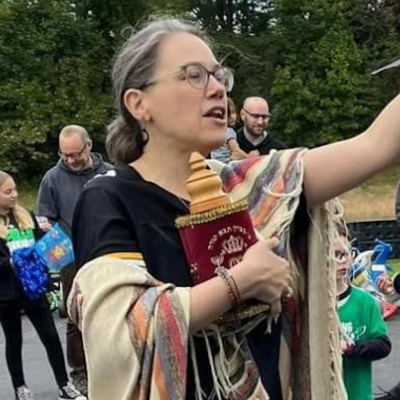
Lech Lecha: Land, Safety, Peoplehood, Pain
Land, for Jews and all peoples, equals safety, security, and sustained fruitfulness. It is home. May we always be grounded in the knowledge that the gift of land and the blessing of home hinges entirely on the choices we make, day after day, to co-exist peaceably with others, as neighbors, as family.
more
